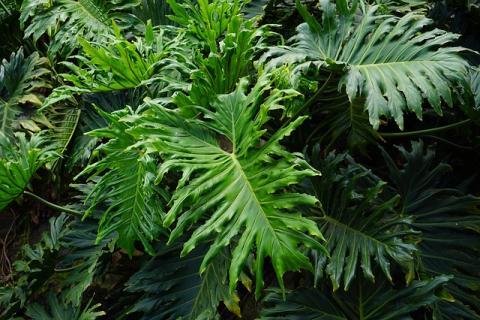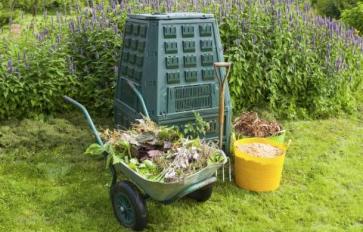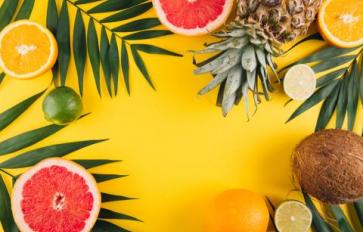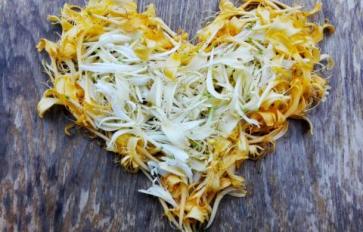
Indoor plants are both beautiful and beneficial to have in your home. They help make the atmosphere more pleasant, and can also help to purify the air. Sometimes caring for plants that need soil can be messy business. The good news is that although most plants require soil, some plants only require a few rocks and water. For those who would prefer to grow in your home without the use of dirt, read on to find out which 7 indoor plants you can grow without soil.

1. Tillandsias (Air Plants)
Classified as epiphytes, air plants only require bright light or filtered sunlight, good air circulation, and water. These indoor plants need to be watered 2-3 times a week, and maybe more if they are in warmer or dryer environments. They are easy to care for. It is highly recommended that when watered, tillandsias should be saturated until water rolls off the plant. They thrive the best in places that are well ventilated.
2. Orchids
Orchids are often used as a symbol for love and beauty. These plants come in all sorts of varieties, and they are just gorgeous when they blossom. They love humidity and good air circulation because they absorb most of their nutrients through the air. Lava rock is very porous and is awesome for growing orchids. Orchids burn easily in the sun, so it’s best for them to have only a little sunlight. Growing these indoor plants can be as simple as placing stones or pebbles on a tray, and then just adding water.
3. Lucky Bamboo (Dracaena sanderiana)
Lucky Bamboo is a popular indoor plant, and it’s not actually bamboo at all, but a type of dracaena. The nice thing about this plant is that it is great for offices because it requires little maintenance and sunlight. All you really need is a pot, rocks, and water to grow a lucky bamboo plant. You must ensure that it has at least 1 inch of water at all times, and that the roots are always submerged in water. These indoor plants make great gifts and wonderful decoration.
4. Paperwhite Narcissuses (Narcissus tazetta)
This pretty, indoor, bulb plant only requires a glass container, rocks, and water to grow. The water should reach just to the base of the bulbs, and no higher. These plants require indirect sunlight. When the flowers on a paperwhite narcissus bloom, they are usually a beautiful, brilliant white color.
5. Hyacinths
Hyacinths are vibrant, colorful bulb-flowers that are usually grown in soil, but they can grow in a vase without it. An interesting aspect about these indoor plants is that they grow best when put in a dark place for at least 10 weeks while the roots develop. After the roots develop, it can be placed in an area with filtered sunlight. The bulbs can grow in a container with just pebbles and water. Be sure to waterlog, and not to overwater this plant.
6. Philodendrons
Philodendrons are indoor plants that can grow year-round, and they are easy to care for. These plants should be placed in a location with bright, indirect sunlight. They are considered one of the very few plants that can grow in a container with water permanently. When planting philodendrons in water, it is suggested that the water be changed every 3-4 days.
7. Aloe Vera
Aloe Vera is a plant to grow without soil, and it can often be used for many kinds of purposes, which is what why this indoor plant is one of my favorites. It does need to be watered frequently with the soil being completely dried between watering because it is a plant that normally grows in dry desert regions. Aloe Vera does best when grown with small, sand-like pebbles, a little water, full sunlight, and partial shade.
These plants are great options for those looking to try and grow plants without the use of soil. Most of these indoor plants are highly sensitive to chlorine, so it is a good idea to use water that contains little to none of this chemical. Another thing to keep in mind is that most plants that are grown without soil will more than likely require some type of fertilizer, such as an organic spray-on fertilizer, to make up for the nutrients they may be lacking.
Stay tuned for more organic home gardening tips and ideas!










